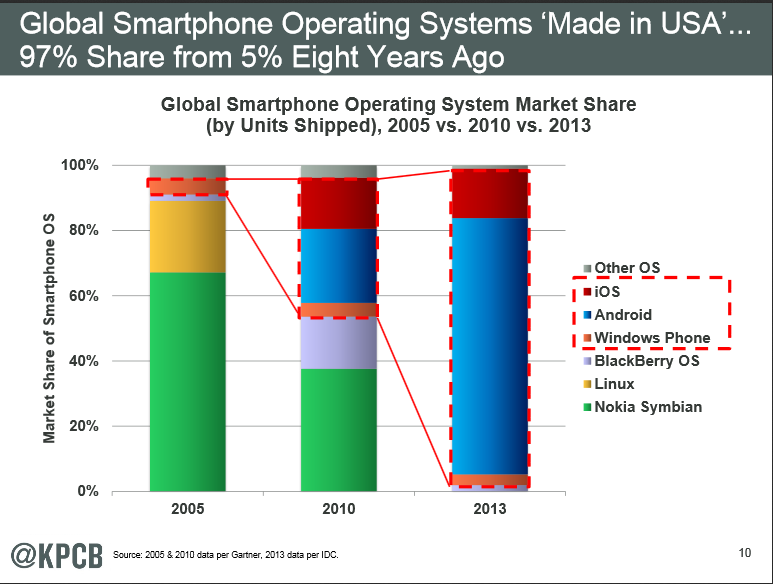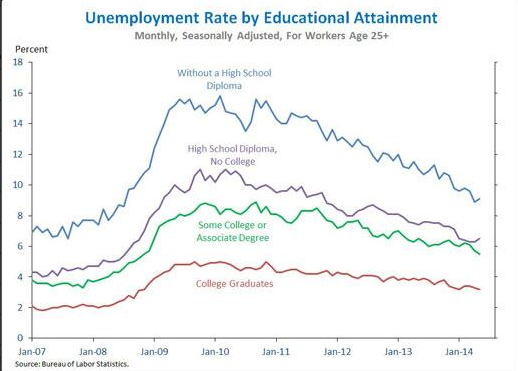So, currently you have a PHR (Professional of Human Resources), or a SPHR (Senior Professional of Human Resources), or a GPHR (Global Professional of Human Resources) from HRCI. SHRM announced it was launching it’s competency based program of certified HR professionals, and the one thing everyone wants to know is what are my new letters going to be!?!?
Hello, My Name is Tim Sackett, SPHR. But not for much longer, soon I’ll acquiesce to the new SHRM certification because that’s what we do as HR Pros, we give in and take it.
I like having letters after my name. It makes me feel important, even though only HR people have any idea what they mean. I’ve always known the letters were a little bit of a fraud. I got my SPHR without every working in HR. I can say that now because the statue of limitations has run out on SHRM legally taking away my SPHR, plus my SPHR is now worthless in the eyes of SHRM so they could care less about it! In 2001 I accepted my first corporate HR gig, after working at a recruiting agency for eight years. I sat for and received my SPHR, without technically ever working in HR. I did have eight years of recruiting experience, which mostly consisted of sales.
Either way, I felt proud to have letters behind my name. This is why I’m super excited when SHRM chose my little old blog to make such a super big announcement of their new designations! Here are the new SHRM Certification Designation letters (if they allowed me to choose them):
HRN – Human Resource Ninja – The HRN designation is for HR Pros who actually get something done, and you never have to hear about it. That shit just happened and nobody knows how it happened. That’s because it was done by an HR Ninja!
SHRN – Sr. HR Ninja – Like the HRN, the SHRN gets stuff done without needing acknowledgement, but also without notice gets rid of horrible performing employees and leaders, never to be heard from or seen again. Cold HR killers. You need to get rid of an under-performing employee? Call a SHRN!
CHRR – Corporate HR Recruiter – The CHRR is a designation for those folks who work in corporate recruiting but don’t actually recruit, but they do a lot of stuff that sounds like recruiting, but isn’t really recruiting, because they don’t really want to recruit, they want to be in HR. Is that clear?
SCHRR – Sr. Corporate HR Recruiter – The SCHRR is savvy enough to not only not doing any real recruiting, they’ve made a career out of coming up with analytics to prove how good of a non-recruiter recruiter they really are. The SCHRR is also tech savvy enough to find programs that will endlessly post and pray, so now they can find ways to use Pinterest to not recruit great talent.
NHRBP – Not HR Business Partner – The NHRBP is someone who is so strategic, so business savvy, they aren’t actually considered to be in HR any longer. A NHRBP can actually run your company. They know everything: Operations, Finance, Marketing, Sales, etc. Just don’t ever ask them to plan a picnic, organize your annual United Way drive or send flowers to a grieving employee, because they don’t do that!
SNHRBP – Sr. Not HR Business Partner – Or as we like to call it- The CEO. Moving forward SHRM will now push that every single CEO in the world get their CNHRBP certification.
HRGP – HR Global Professional – The HRGP is like the current GPHR but we moved the letters around. This is for those people who fell into HR and traveled overseas in either high school or college and decided they would rather live outside of America. We don’t understand them either, but American companies like to feel like the people they send overseas to offend other countries have some insights, so here you go. No SHRGP will be offered because why.
PhDP – The Doctor of People – I had to do this one for my professor friends who teach HR – hello Matt Stollak and Marcus Stewart! The only way you can get this designation is by spending most of your life at university and actually getting a PhD, and teaching HR classes every Tuesday and Thursday from 9am to 10:30am. I might actually go back to school because having a PhDP would be the coolest designation ever!
I can’t wait to use my SHRN designation! Thanks Hank!


